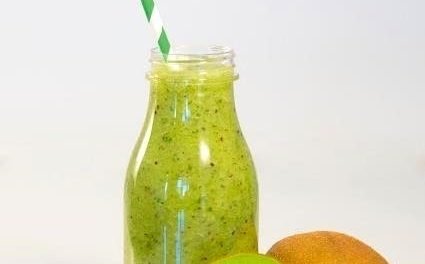Dried peach benefits, and information on the different nutritional properties of dried or dried peaches.

Although it is true that the peach is a delicious fruit, originally from China, that we can find at different times of the year (January, June, July, August and September) and it is surprising for its nutritional richness as it contains a large amount of water-soluble vitamins, When this fruit is dried, its nutritional benefits increase.
In this case we find the dried peach, a dried fruit that very often tends to be confused with apricot dried apricots, but in reality it is the dry or dried option of the peach (a different variety from the previous one, since the peach comes from the species Prunus persica, and the apricot from the species Prunus armeniaca).
The fruits desiccated consist of a drying process -natural or artificial fruit for wiping reducing its water content dramatically, while increasing its content of simple carbohydrates and essential nutrients.
Nutritional properties of dried peach
Unlike the benefits of peaches, from a nutritional point of view there is no doubt that the dried peach stands out for its very high carbohydrate content (in its simple variety).
It also provides interesting amounts of vitamins (provitamin A, vitamin B3 or niacin and in a lesser amount vitamin C), minerals (potassium, iron, calcium and magnesium), and soluble and insoluble fiber.
As you know, provitamin A is converted into vitamin A, which is essential for vision, skin, hair, bones, and the immune system. While magnesium improves immunity and also provides a mild laxative effect.
Precisely because of its content in simple carbohydrates, we must highlight the presence of vitamin B3 or niacin, which helps in the best use of these carbohydrates.
Dried peach benefits
Like apricot dried apricots, the dried peach is an ideal fruit when –for example- we need an extra supply of energy, thanks to its very high sugar content.
Therefore, its consumption is nutritionally recommended in athletes, especially when practicing long-term intense physical exercise, recommended to athletes, hikers and mountaineers in general.
It also provides fiber, so that its regular consumption helps alleviate or prevent constipation by improving intestinal transit, as well as being useful for reducing high cholesterol levels.
Thanks to its high iron content is indicated consumption – and recommended- in people with iron deficiency anemia, so it is advisable to eat it with foods rich in vitamin C.































